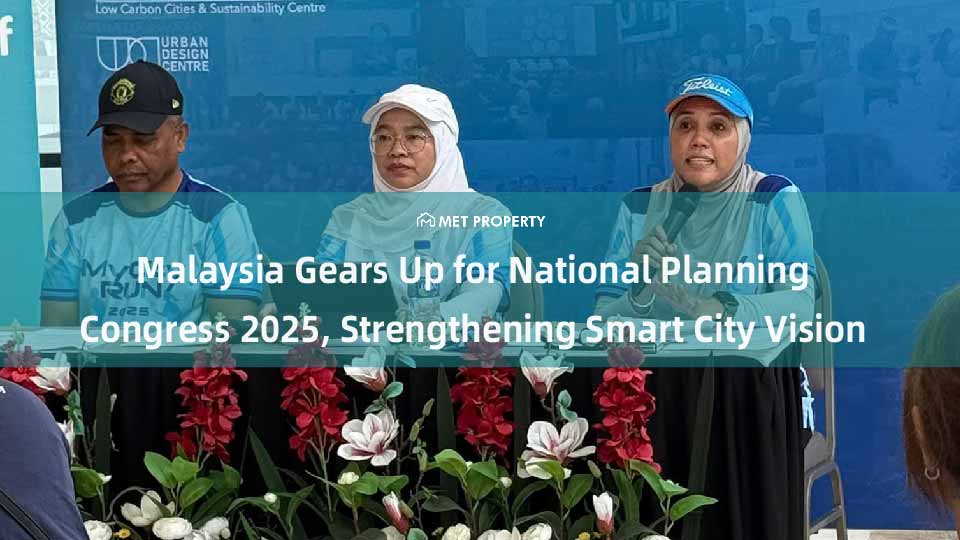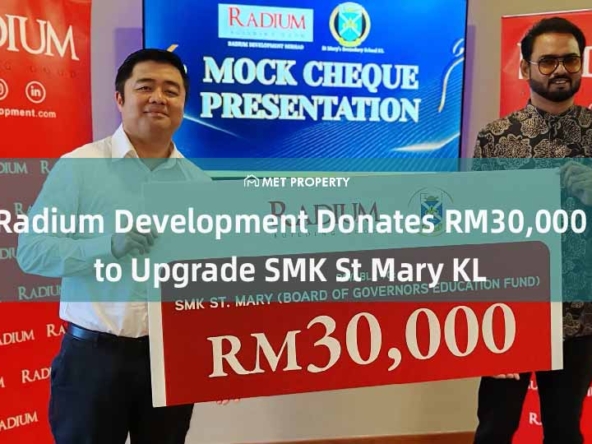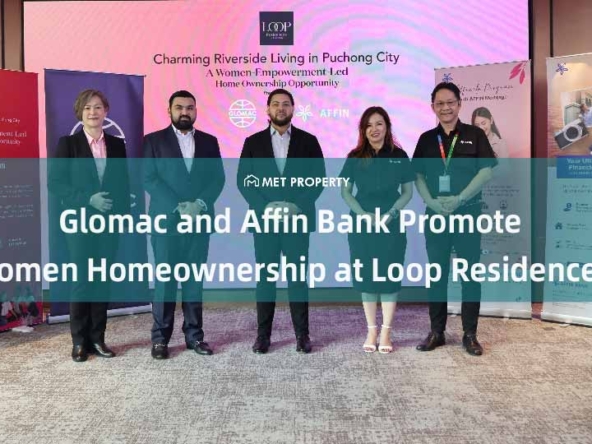“Malaysia launches NPC 2025 in Putrajaya, advancing Smart City goals under the 2040 plan with MIP and PLANMalaysia leading sustainable urban growth.”
Kuala Lumpur, 14th Octorber 2025, 10.38am – The soft launch of the National Planning Congress (NPC) 2025 took place in Putrajaya today, setting the stage for Malaysia’s leading urban planning and sustainable development event, which will be held from October 28 to 31.
Organised by the Malaysian Institute of Planners (MIP), NPC 2025 aims to foster dialogue and innovation in smart and sustainable city development, reflecting Malaysia’s growing commitment to inclusive urban transformation.
Malaysia’s Smart City Roadmap Extends to 2040
Director-General of the Federal Department of Town and Country Planning (PLANMalaysia), Datuk TPr Dr Alias Rameli, said the government is intensifying efforts to advance its Smart City rollout plan, which extends up to 2040.
Speaking at the press conference, Alias said the initiative focuses on seven key categories — including smart mobility, smart governance, and smart people — designed to enhance urban management and improve citizens’ quality of life.
“A national Smart City framework has already been established,” Alias told EdgeProp.my.
“It is supported by dedicated publications and action plans developed by 150 local governments to ensure consistent implementation nationwide.”
He added that Malaysia has earned international recognition for its progress, recently receiving a special award in Shanghai for achievements in smart city governance and innovation.
Smart Cities Must Prioritise Inclusivity, Says MIP President
MIP president TPr Hajah Mazrina Datuk Abdul Khalid emphasised that Malaysia’s smart city evolution must align with the nation’s rapid urbanisation — which now stands at 75%, compared with 100% in Singapore.
“Our smart city planning must keep pace with urbanisation, ensuring inclusivity and accessibility,” said Mazrina.
“Essential amenities like mosques, police stations, and schools should be within a 10 to 15-minute walking distance. It’s not just about convenience, but enhancing overall quality of life.”
Putrajaya to Become a Model Smart City by 2030
Putrajaya Corporation’s vice-president of Urban Planning, Datin TPr Salmah Hj Salman, shared that the administrative capital aims to become a model smart city by 2030, building on its strengths as a green and tech-forward urban centre.
“Our vision is for Putrajaya to lead as a sustainable, smart city aligned with all 17 United Nations Sustainable Development Goals (SDGs),” she said.
National Guidelines and Funding to Drive Local Implementation
To support nationwide implementation, PLANMalaysia has introduced new guidelines and coordination frameworks for local authorities, backed by strategic funding allocations:
- RM400,000 for local governance initiatives
- RM800,000 for developmental programmes
- RM1.4 million for leadership and innovation at municipal levels
Alias highlighted that beyond technological adoption, fostering a smart culture and behavioural change is key to ensuring cities operate efficiently and meet real community needs.
“Technology alone isn’t enough — we need a shift in mindset and community participation to build truly smart, sustainable cities,” he said.
NPC 2025 to Feature MyCity Expo and Young Planners’ Forum
The NPC 2025 main congress will showcase flagship programmes such as MyCity Expo 2025, the Young Planners’ Forum, and a Student Placemaking Workshop, alongside policy dialogues and technical visits with regional leaders.
The event will be attended by Deputy Prime Minister Datuk Seri Fadillah Yusof and Housing and Local Government Minister Nga Kor Ming.
Championing Malaysia MADANI and SDG 11
Alias reiterated that the Smart City agenda and NPC 2025 underscore Malaysia’s dedication to the Malaysia MADANI framework and the United Nations Sustainable Development Goal 11 — focusing on sustainable cities and communities.
“The NPC 2025 will not only celebrate Malaysia’s achievements in urban planning,” Alias said,
“but also strengthen our position as a regional leader in sustainable, smart, and people-centric city development.”




